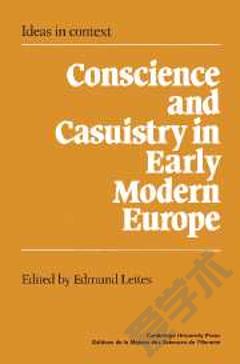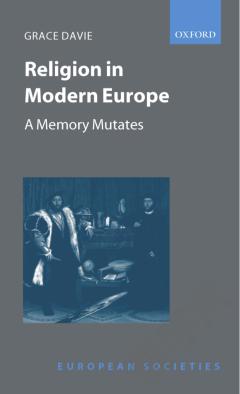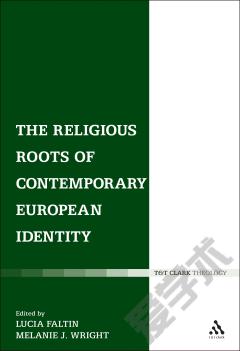Religion and the Senses in Early Modern Europe
Sensation is the subject of a burgeoning field in the humanities. This volume examines its role in the religious changes and transformations of early modern Europe. Sensation was not only central to the doctrinal disputes of the Reformation, but also critical in shaping new or reformed devotional practices. From this vantage point the book explores the intersections between the world of religion and the spheres of art, music, and literature; food and smell; sacred things and spaces; ritual and community; science and medicine. Deployed in varying, often contested ways, the senses were essential pathways to the sacred. They permitted knowledge of the divine and the universe, triggered affective responses, shaped holy environments, and served to heal, guide, or discipline body and soul.
{{comment.content}}








 京公网安备 11010802027623号
京公网安备 11010802027623号